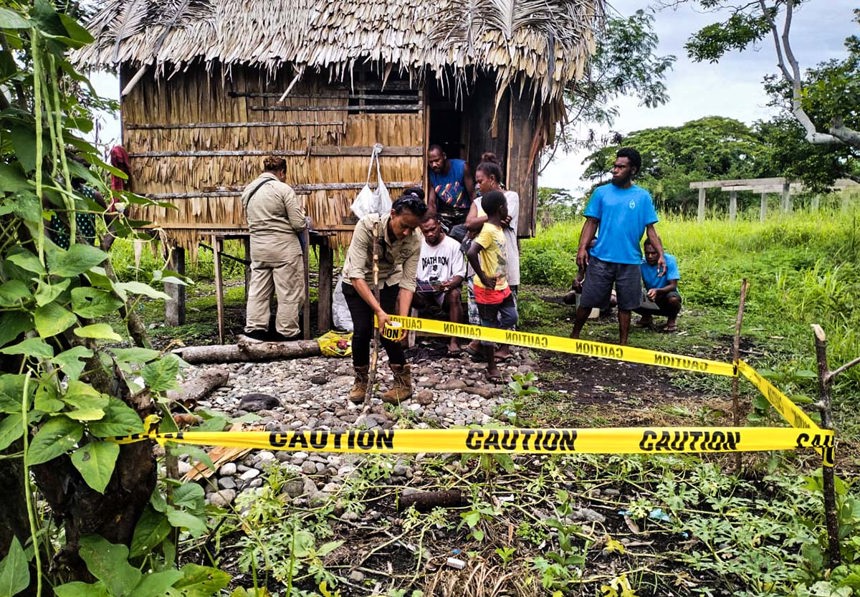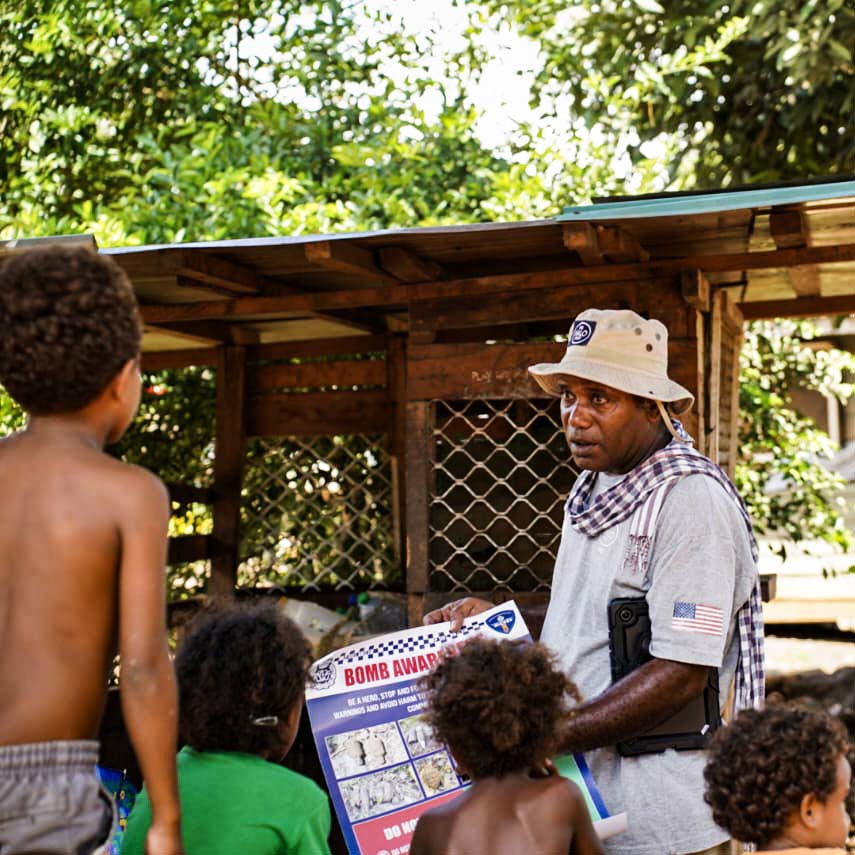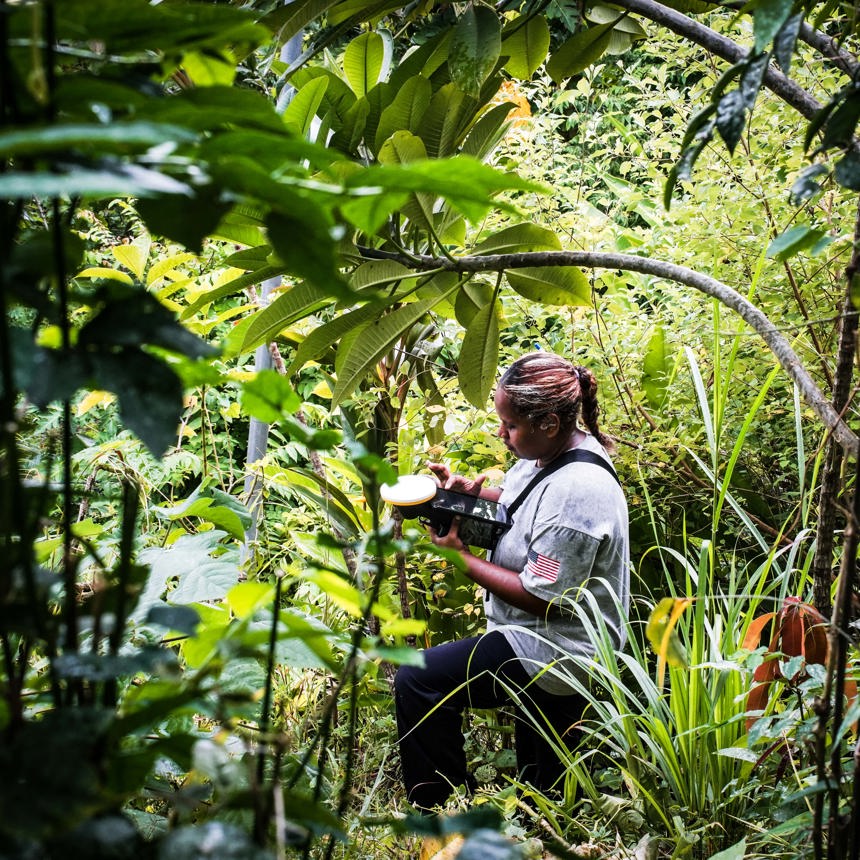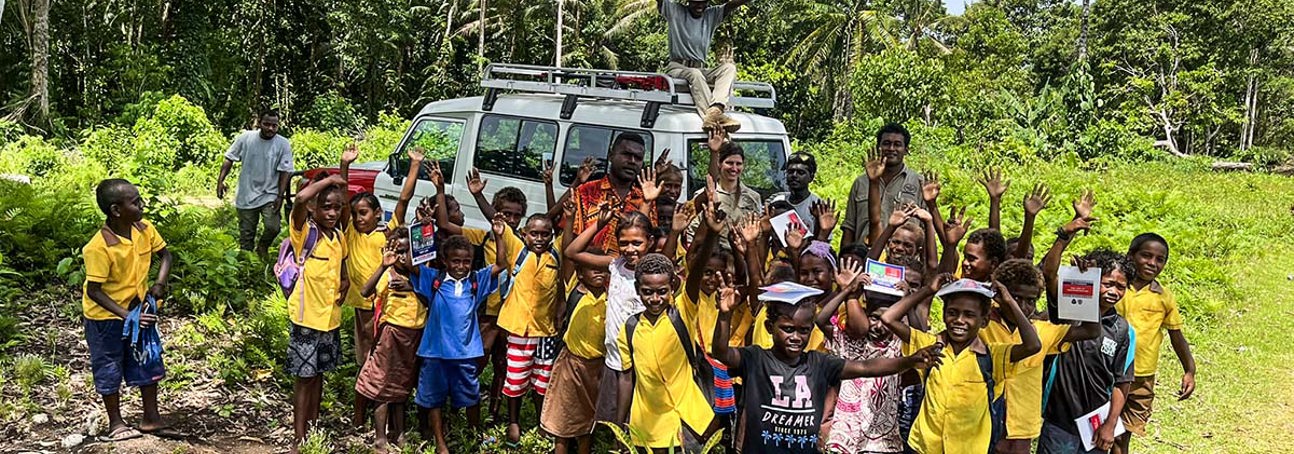Exactly 80 years after the end of World War II in the Pacific, the people of the Solomon Islands are still grappling with a deadly legacy. Hundreds of thousands of unexploded and abandoned munitions are scattered across its many islands, threatening lives and livelihoods.

"The unexploded ordnance threat in Solomon Islands is not just a historical issue, it's a daily danger. Children are still finding grenades in their backyards. Some impoverished communities are harvesting explosives for fishing. And we still don't know how many lives have been lost."
Scale of the problem
Despite the passage of time, the scale of contamination remains vast and largely undocumented. Bomb disposal experts in the local police force have destroyed over 50,000 explosives since 2011, yet this is only a fraction of the problem. In a recent review, we found the recovered ordnance was 80% US origin, 17% Japanese, and 3% from other nations.
In 2023, the scale of the problem was starkly illustrated during preparations for the Pacific Games. A local clearance operator recovered over 8,000 explosive items from a 60,000 m² (15 acre) site – some buried as deep as four meters.
Our work

Risk education

Surveying land for explosives
Thanks to generous support from the United States Government and the American people, we've been able to work alongside the Ministry of Police, National Security and Correctional Services, and The Royal Solomon Islands Police Force Explosive Ordnance Disposal Department. We use battlefield records to identify hazardous areas, like Mbokona, an informal settlement where a nine-year-old showed us a WWII grenade they found near their home.
To support public safety, HALO has launched an explosive ordnance risk education campaign. We've distributed leaflets, posters, and school materials that include safety guidance like not building fires.
While the complete removal of unexploded bombs may take decades, experts stress that more can be done now to prevent further loss of life. "This is a solvable problem", said Emily Davis. "With the right resources, we can protect communities, unlock land for development, and honour the memory of those who fought here by making the islands safe for future generations."





